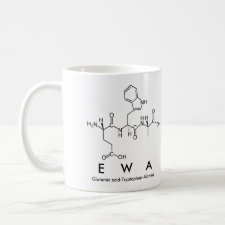
Authors: Moczko E, Poma A, Guerreiro A, Perez de Vargas Sansalvador I, Caygill S, Canfarotta F, Whitcombe MJ, Piletsky S
Article Title: Surface-modified multifunctional MIP nanoparticles.
Publication date: 2013
Journal: Nanoscale
Volume: 5
Issue: (9)
Page numbers: 3733-3741.
DOI: 10.1039/C3NR00354J
Abstract: The synthesis of core-shell molecularly imprinted polymer nanoparticles (MIP NPs) has been performed using a novel solid-phase approach on immobilised templates. The same solid phase also acts as a protective functionality for high affinity binding sites during subsequent derivatisation/shell formation. This procedure allows for the rapid synthesis, controlled separation and purification of high-affinity materials, with each production cycle taking just 2 hours. The aim of this approach is to synthesise uniformly sized imprinted materials at the nanoscale which can be readily grafted with various polymers without affecting their affinity and specificity. For demonstration purposes we grafted anti-melamine MIP NPs with coatings which introduce the following surface characteristics: high polarity (PEG methacrylate); electro-activity (vinylferrocene); fluorescence (eosin acrylate); thiol groups (pentaerythritol tetrakis(3-mercaptopropionate)). The method has broad applicability and can be used to produce multifunctional imprinted nanoparticles with potential for further application in the biosensors, diagnostics and biomedical fields and as an alternative to natural receptors
Template and target information: melamine



Join the Society for Molecular Imprinting

New items RSS feed
Sign-up for e-mail updates:
Choose between receiving an occasional newsletter or more frequent e-mail alerts.
Click here to go to the sign-up page.
Is your name elemental or peptidic? Enter your name and find out by clicking either of the buttons below!
Other products you may like:
 MIPdatabase
MIPdatabase









